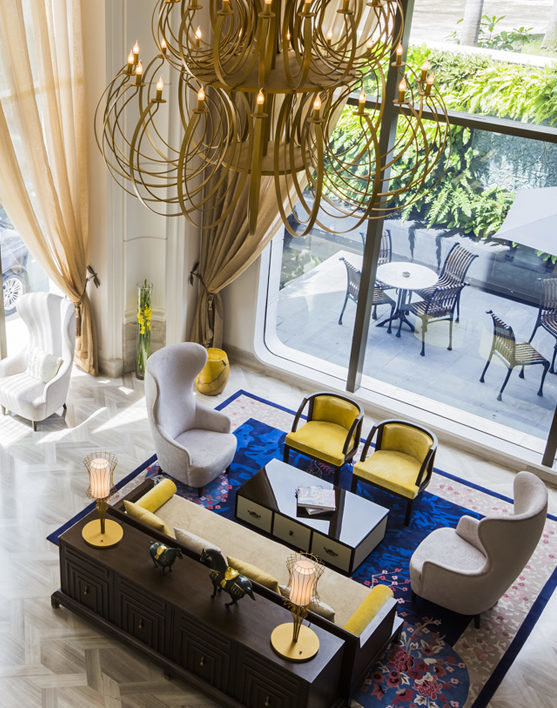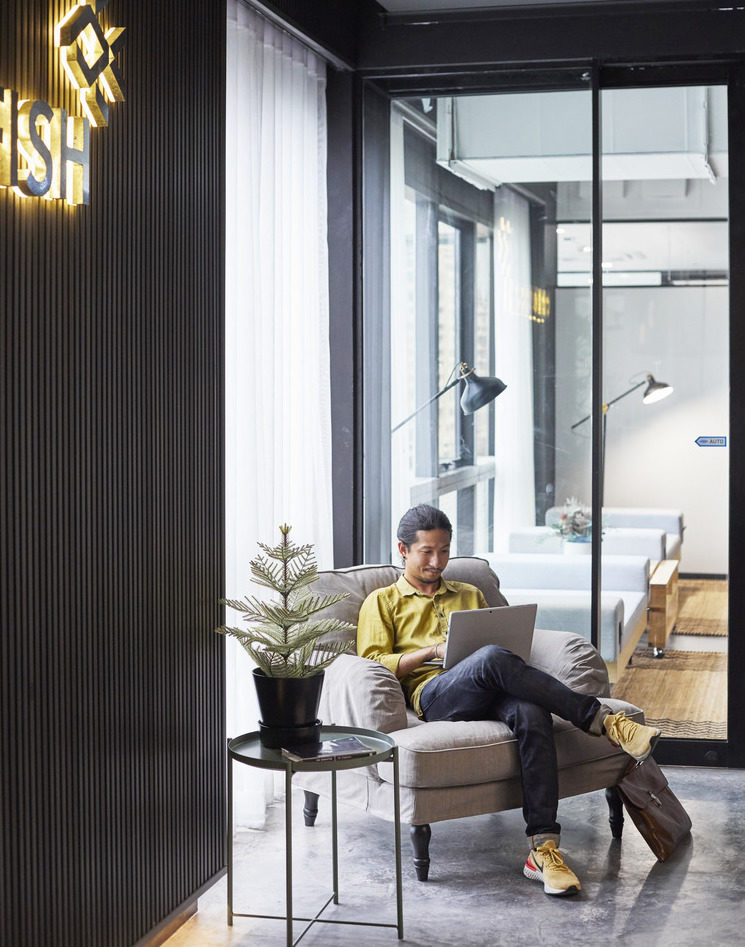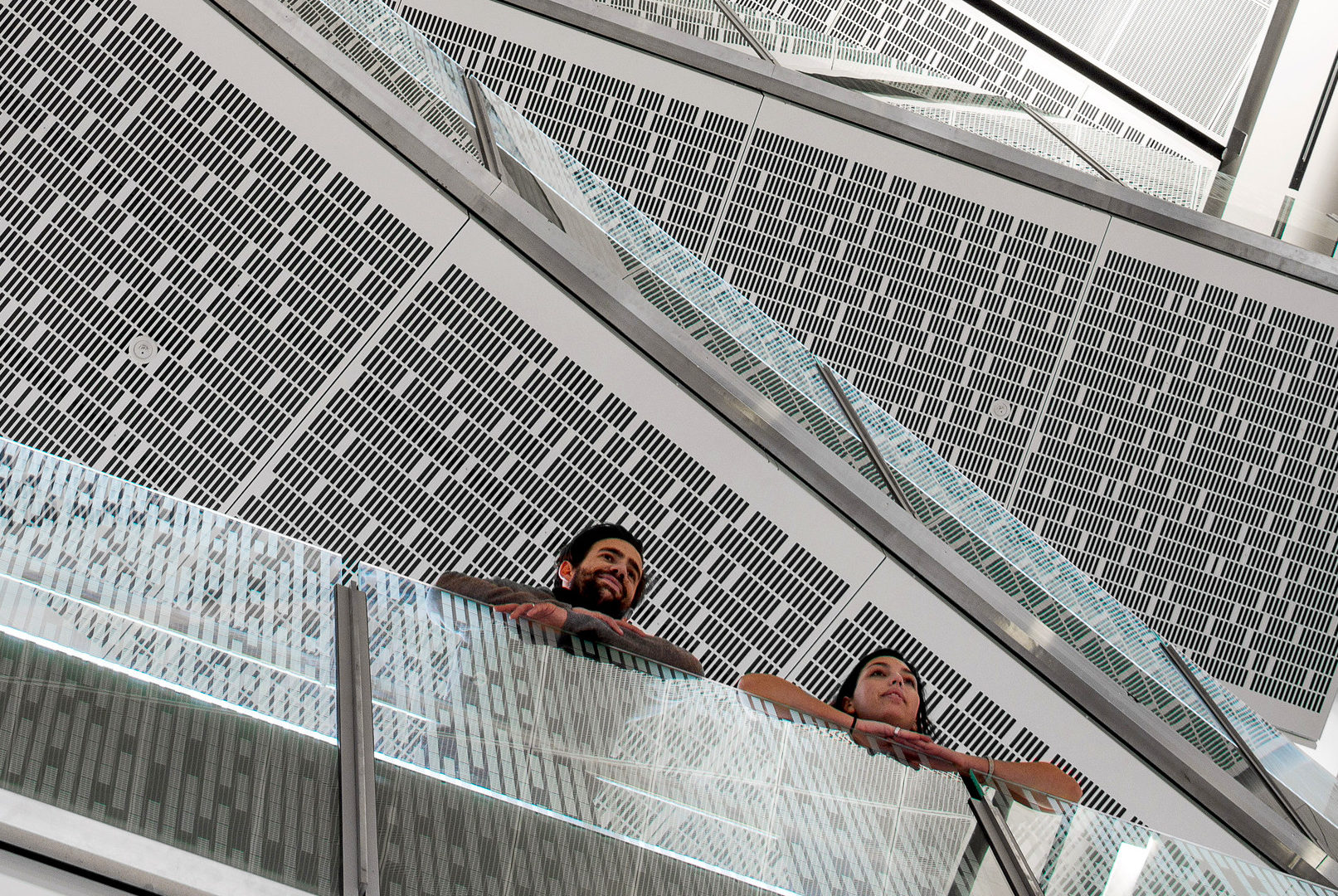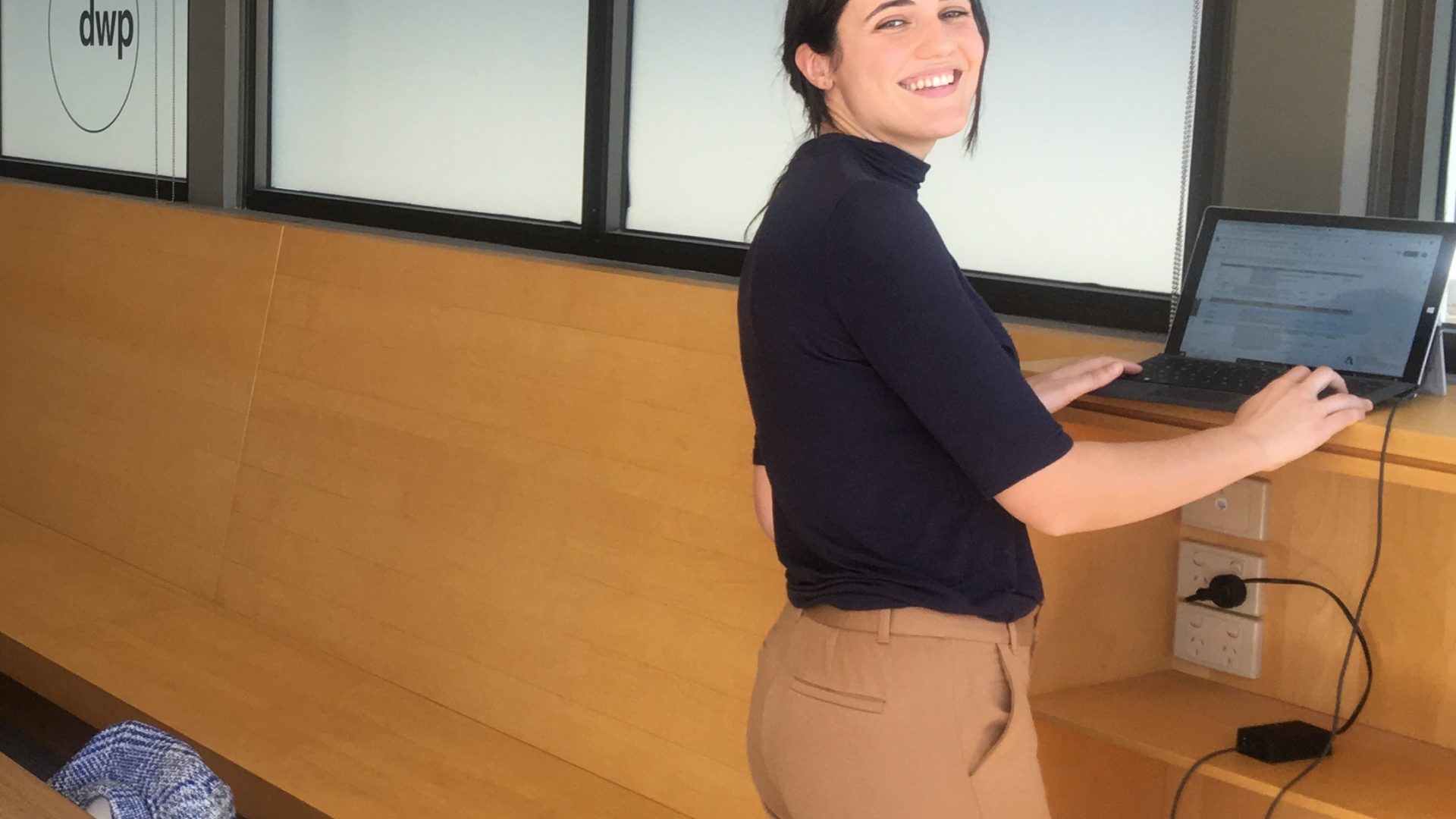The Big Debate – Do mobile phones belong in the classroom?
Much like Eve’s much-maligned chomp into the fruit of knowledge, do mobile phones provide too much delicious temptation?
On one end of the line, is the: ‘No way should phones be allowed in schools!’ camp. Students will be irresistibly drawn into interactions that are decidedly non-educational. As purveyors of social media they are major distractors and disruptors. Indeed the whole of France is on hold with legislation put forward to ban them in all primary and middle schools.
On the other end of the line is the: ‘Of course we must adapt and embrace mobile phones in schools!’ camp. Smartphones are here to stay so we have to deal with that. It comes down to what people do with that phone. It’s about control.
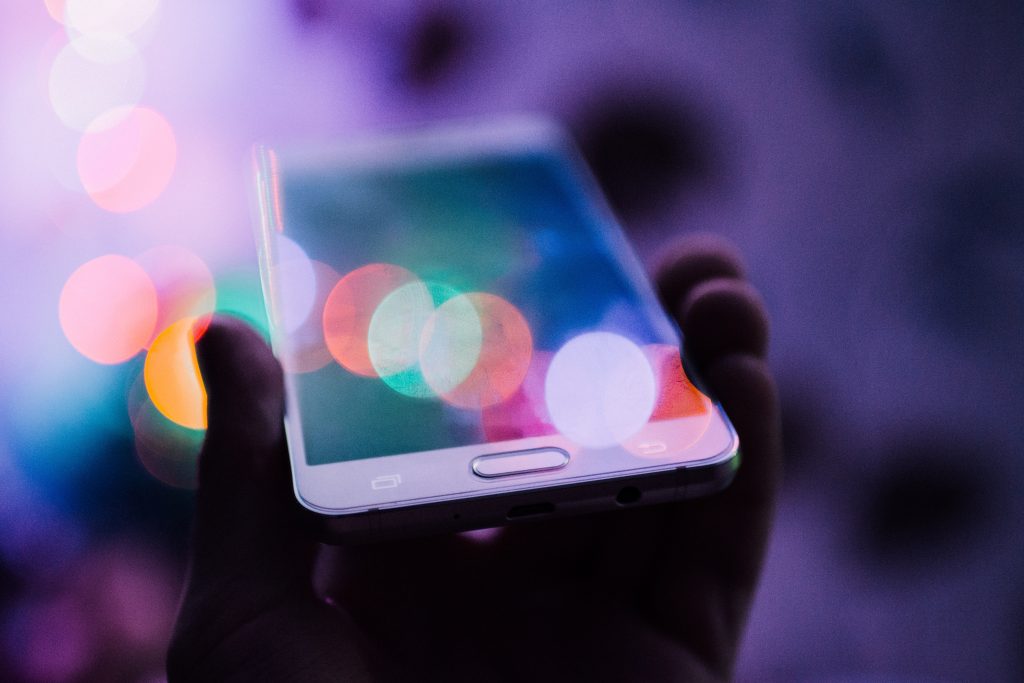
David Clarke, Education Sector Leader for dwp says: “I point to the fact that I can’t think of one era of prohibition that has ever gone very well. History speaks for itself. Banning phones at school would backfire. Kids will figure out how to use them regardless.The bottom line is that there is no going back.”
Alice Pedder, a teacher who has worked in schools at the ‘coalface’ of Peckham in South London through to the salubrious education facilities of Bangkok says: “In my experience, a total ban on mobile phones is the most effective means of monitoring usage because students know exactly what the expectation is. The last school I worked in London had such a ban. Phones were consequently rare and never appeared in lessons. This made behaviour management easier which in turn meant the students got a lot more learning done.”
Alice explains: “Phones are a disruptive influence because they are not used appropriately and their usage is notoriously difficult to monitor. Teachers aren’t Luddites. We know that technology is important and are not opposed to it in principle. But the reality is that adding phones to the classroom is like pouring petrol on a fire. Behaviour is a problem in schools worldwide and phone usage exacerbates the problem. Not just in terms of off-task browsing but also cyber-bullying, inappropriate filming of female teachers (a real problem) and the inevitable Mexican standoff situation of the student refusing to comply with a teacher asking them to hand over their phone. It opens up a plethora of new behavioural problems for teachers to manage in already challenging environments.”
David however believes that, rather than a blanket ban on smartphones in schools, a more exciting option is to make this ‘incredible technology’ a part of school learning. He says: “I don’t imagine for a second it will be easy. But philosophically we must acknowledge that this ubiquitous piece of machinery, which almost every student owns and hangs on to for dear life, is an access point to astounding educational information if used correctly. It makes much more sense to talk about how to tap into the enormous potentials of these devices. Access to information has never, in the history of the world, been more extraordinary and more diplomatically available to all.”
David argues that by creating engaging spaces for creative educational pursuits mobile phones slip out of the spotlight. “If phones are a part of the process of learning, they lose their disruptive impact. Effectively they become part of the system of broader education. They form part of the conversation in which people are researching and sharing ideas. Much less of a distraction and more of an aid.”
Alice, while in principle agreeing says: “No one disputes the fact that mobile phones are a powerful source of information. Which, if used appropriately and effectively, broaden students’ knowledge and understanding. But to claim they universally benefit students’ learning ignores the fact that they are in the hands of teenagers, sitting in a room with their peers, often being asked to engage with subjects they find challenging or downright boring. The context then turns the phone from something potentially educationally positive into something downright disruptive. In an ideal world, smartphones are a great addition to the classroom but in reality, they exacerbate poor behaviour which directly impacts learning.”
Alice adds a further point: “There are also serious issues and a correlation between over-usage and teenagers’ deteriorating mental health. If adults can be almost guaranteed to sneakily check Instagram in a meeting then we can certainly expect a fourteen year old to prefer SnapChat over learning the periodic table.”
David believes the solution lies in innovative education spaces. “There’s no getting past the fact that there will always be behavioral management issues at school. Activities that are directed for the use of the phone must be carefully managed. But amazing opportunities exist if we get it right. I think we are suffering from a lack of creative thought about the use of what is an essential piece of kit.”
Clearly there is no simple answer to the mobile phones in schools debate.
The super computer in every kids pocket is not merely a low hanging fruit from the tree of knowledge; but a veritable orchard. How do we make sure students take what they need without being cast from the garden with nothing to show but lots of Instagram likes and a myopic worldview? This is the question we will be asking. Please join us for the fertile conversation
Tags: Abu dhabi, Agile workspace, Archi, Architect, Architecture, Artist, Asia, Bangkok, Bar, BIM, Blessing, Blog, Boutique, Business, Civic, Construction, Content, Creativity, Culture, Debate, Design, Designer, Digital, Digital technology, Digital transformation, Digitisation, Drama, Drink, Dubai, Education, Email, Experience, F&B, Food, Future, Health, Healthcare, Hicap, Ho chi minh, Hong kong, Hospital, Hospitality, Hotel, Hotel design, Human, Information, Innovation, Interior, Interior design, Interior designer, Interview, Knowledge, Lebua, Lifestyle, Luxury, Luxury design, Luxury interior, Marriott, Mindful, News, Newsletter, Phone, Profile, Profit, Psychology, Residential, Restaurant, Romance, Saigon, School, Signage, Sky, Smartphone, Smartphones, Social media, Social psychology, Sport + Leisure, Studio, Success, Sustainibility, Tech, Technology, Thailand, Trends, Video, Vietnam, W hotel, Wayfinding, Wellbeing, Women
